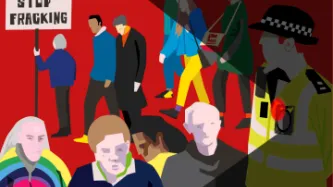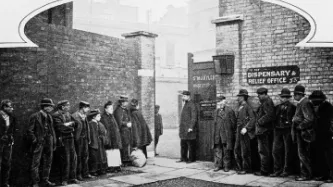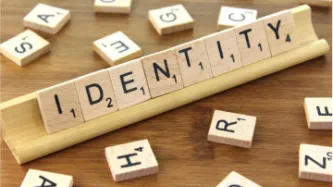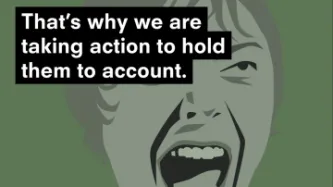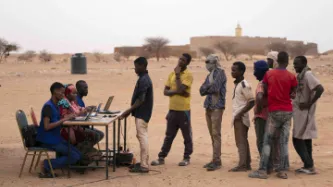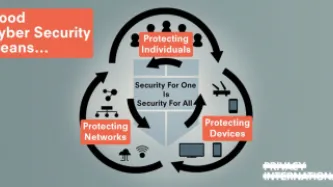Search Taxonomy Terms
When Your Data Becomes Political
Increasingly, political parties, political campaigns and those who work for them tap into and exploit our data to seek to influence us. It is essential that legal safeguards are in place and enforced to challenge these practices.
When Social Media makes you a target
Governments are profiling people using their social media data -- effectively weaponising the devices and the platforms we use everyday.
Neighbourhood Watched
From facial recognition to social media monitoring, from remote hacking to the use of mobile surveillance equipment called 'IMSI catchers', UK police forces are using an ever-expanding array of surveillance tools to spy on us as we go about our everyday lives.
When Big Brother Pays Your Benefits
Rising concerns around austerity, transparency, efficiency and financial management have fed into a narrative of technology as a magic cure-all to socio-economic and political issues.
Demanding identity systems on our terms
There is a growing push towards identity systems around the world - leading to some of the world's largest biometric databases, as well as other technologies that can be used to track and profile individuals and communities.
Investigating Apps interactions with Facebook on Android
We look at how apps are exposing peoples' activities and behaviours to Facebook.
Tell companies to stop exploiting your data!
After months of research, we filed complaints against seven of data broker companies: Acxiom, Criteo, Equifax, Experian, Oracle, Quantcast, and Tapad.
Enhancing Data Protection Standards
We must compel governments to promote and respect the highest data protection standards.
State Sponsors of Surveillance: The Governments Helping Others Spy
Powerful governments are financing, training and equipping countries — including authoritarian regimes — with surveillance capabilities.
Security should protect people, not exploit them
We want a world which is safer for everyone, and at the heart of this is technologies which are secure by default.


